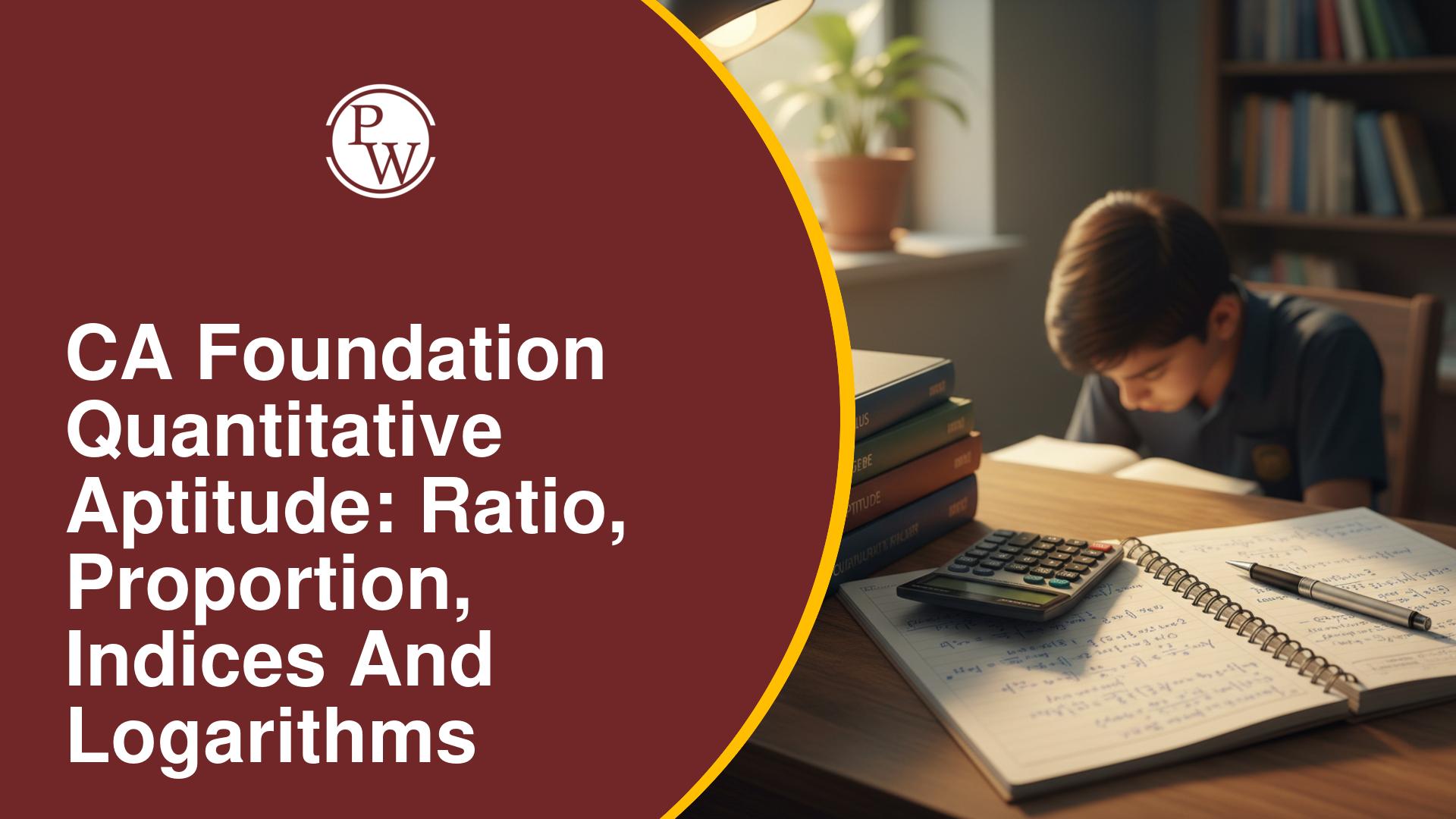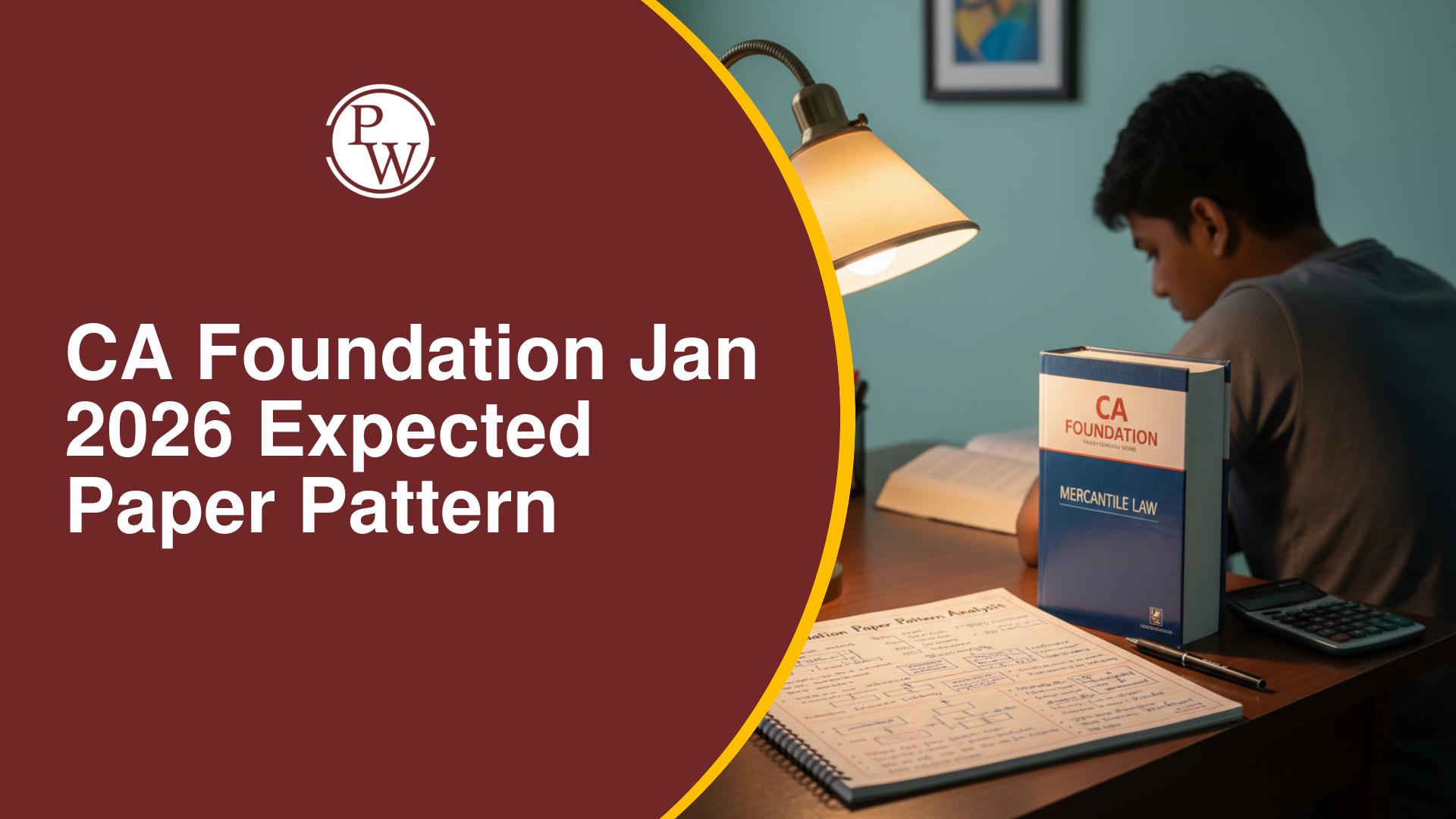
Income Tax: Taxation is when the government requires individuals or businesses to pay certain amounts called taxes. These taxes are collected in nearly every country to fund government spending and fulfill other needs. Tax laws are the rules the government follows to enforce these taxes.
Read this article for a deeper understanding of tax laws and regulations relevant to CA Exams .What is Income Tax?
Income tax is money you pay to the government based on what you earn in a year, whether you're an individual or a business. This money helps the government pay for things like roads, hospitals, schools, and programs to help farmers and others in need. There are two main types of taxes: direct and indirect. Direct taxes are taken straight from your income, like income tax. The amount you pay depends on how much you earn and the tax rates set by the government each year. Direct taxes are divided into two categories:- Income Tax: This is what individuals, families, or anyone who isn't a company pays on the money they make. The government decides how much of your income is taxable and sets the rate accordingly.
- Corporate Tax: This is the tax companies pay on the money they earn. Just like with income tax , the government sets specific rates for corporations to pay based on their taxable income.
What Is Income Tax Law?
Tax law is a set of rules created by the government, spread across numerous pages, to guide both individuals and businesses on how to handle taxes. These rules are put into action through various methods like acts, rules, regulations, circulars, and orders. Everyone is required to abide by these laws and pay a portion of their earnings to the government.| Also Check: | |
| Management Accounting | Financial Accounting |
Income Tax Laws in India
Tax laws in India are rules set by both the Central Government and state governments. Some smaller tax regulations are managed by local authorities like the municipality and local governments. India's direct taxes, such as income tax and wealth tax, used to be governed by two main laws: the Income Tax Act of 1961 and the Wealth Tax Act of 1957. There was a plan to replace these with a new law called the Direct Taxes Code (DTC), but it was scrapped when the Wealth Tax Act was removed in 2015. In recent years, both the Central and state governments have made various changes and simplifications to tax policies and processes to make things fairer and more predictable. These changes have helped India climb to the top 100 in the World Bank’s Ease of Doing Business ranking in 2018. One significant change was the introduction of the Goods & Services Tax (GST) to simplify the complex system of indirect taxes in India. Some major Central tax laws include the Income Tax Act, Customs Act, Central Goods & Services Tax Act (CGST Act), and Integrated Goods & Services Tax Act (IGST Act). While major state taxes include the State Goods & Services Tax Act (SGST Act) and The Registrations Act (Stamp Duty & Registration). The finance ministry oversees the implementation of both direct and indirect tax laws in India through authorities like the Central Board of Direct Taxes (CBDT) and the Central Board of Indirect Taxes & Customs (CBIC).Components of Income Tax Laws in India
Income tax laws in India are governed by several key components, including the Income Tax Act 1961, Income Tax Rules 1962, Annual Finance Act, judicial decisions, and circulars. These laws are overseen by the Ministry of Finance, which uses tax revenue for various public services such as defense, education, and healthcare. Taxes are categorized as direct or indirect, and the Income Tax Law facilitates the proper collection of these taxes. Here's a breakdown of the main components:- Income Tax Act, 1961: This law serves as the backbone of India's tax system, detailing the levy, collection, and recovery of income tax. It's regularly updated through amendments proposed by the Annual Finance Act.
- Annual Finance Act: Presented annually in Parliament, this act outlines proposed policies on taxation and other financial matters. Once approved by Parliament and the President, it becomes law.
- Income Tax Rules, 1962: Administered by the Central Board of Direct Taxes (CBDT), these rules ensure the effective implementation of the Income Tax Act.
- Judicial Decisions (Case Laws): Studying judicial decisions is essential for a comprehensive understanding of tax laws. The Supreme Court's rulings set precedents for tax-related issues.
- Circulars & Notifications: Issued by the CBDT, these provide clarification on provisions of the Income Tax Act, offering guidance to taxpayers and tax officials alike.
Income Tax Laws and Regulations FAQs
What is income tax?
Income tax is money individuals or businesses pay to the government based on their earnings within a year, funding public services like roads, schools, and healthcare.
How are income taxes collected in India?
Income taxes in India are collected directly from individuals' earnings and from corporations' profits, as regulated by the Income Tax Act 1961.
What are the main components of income tax laws?
The main components include the Income Tax Act 1961, Income Tax Rules 1962, Annual Finance Act, judicial decisions, and circulars issued by the CBDT.
Who oversees the implementation of income tax laws in India?
The Ministry of Finance oversees the implementation through authorities like the Central Board of Direct Taxes (CBDT) and Central Board of Indirect Taxes & Customs (CBIC).
Why are judicial decisions important in understanding tax laws?
Judicial decisions, especially those by the Supreme Court, provide precedents for tax-related issues, guiding interpretation and application of tax laws in India.
🔥 Trending Blogs
Talk to a counsellorHave doubts? Our support team will be happy to assist you!

Free Learning Resources
PW Books
Notes (Class 10-12)
PW Study Materials
Notes (Class 6-9)
Ncert Solutions
Govt Exams
Class 6th to 12th Online Courses
Govt Job Exams Courses
UPSC Coaching
Defence Exam Coaching
Gate Exam Coaching
Other Exams
Know about Physics Wallah
Physics Wallah is an Indian edtech platform that provides accessible & comprehensive learning experiences to students from Class 6th to postgraduate level. We also provide extensive NCERT solutions, sample paper, NEET, JEE Mains, BITSAT previous year papers & more such resources to students. Physics Wallah also caters to over 3.5 million registered students and over 78 lakh+ Youtube subscribers with 4.8 rating on its app.
We Stand Out because
We provide students with intensive courses with India’s qualified & experienced faculties & mentors. PW strives to make the learning experience comprehensive and accessible for students of all sections of society. We believe in empowering every single student who couldn't dream of a good career in engineering and medical field earlier.
Our Key Focus Areas
Physics Wallah's main focus is to make the learning experience as economical as possible for all students. With our affordable courses like Lakshya, Udaan and Arjuna and many others, we have been able to provide a platform for lakhs of aspirants. From providing Chemistry, Maths, Physics formula to giving e-books of eminent authors like RD Sharma, RS Aggarwal and Lakhmir Singh, PW focuses on every single student's need for preparation.
What Makes Us Different
Physics Wallah strives to develop a comprehensive pedagogical structure for students, where they get a state-of-the-art learning experience with study material and resources. Apart from catering students preparing for JEE Mains and NEET, PW also provides study material for each state board like Uttar Pradesh, Bihar, and others
Copyright © 2026 Physicswallah Limited All rights reserved.









